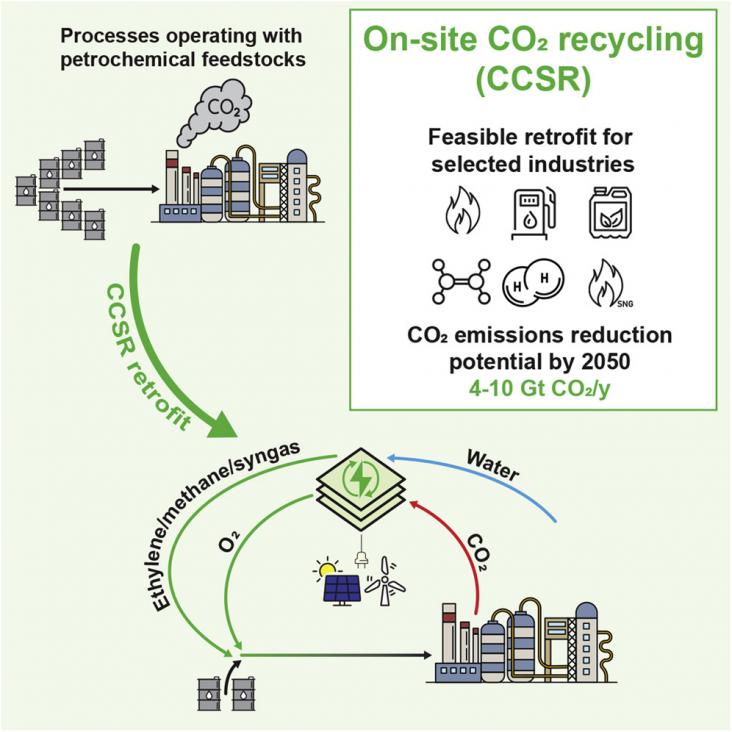Owing to its versatility, biomass can be used for a range of CO2 mitigation and removal options.

Economically viable electric vehicle lithium-ion battery recycling is increasingly needed; however routes to profitability are still unclear.

To show the importance of climate action and to celebrate the more than 5-year collaboration between the Elsevier Chemistry journals department and the Elsevier Foundation, we have compiled this special issue, highlighting top chemistry content related to SDG 13 and providing information on past winners of the Green & Sustainable Chemistry Challenge.
Supports wind energy
Held in partnership with the University of Johannesburg, this Elsevier webinar discusses the SDGs and how researchers can incorporate them into their work.
Held in partnership with the University of São Paulo, this Elsevier webinar discusses the SDGs and how researchers can incorporate them into their work.

The chemical industry needs to significantly decrease carbon dioxide (CO2) emissions in order to meet the 2050 carbon neutrality goal.
Elsevier,
Disaster Resilience and Sustainability, Adaptation for Sustainable Development, 2021, Pages 1-20
This book chapter advances SDGs 9 and 11 by explaining how increasing frequency and intensity of natural disasters in Asia have become a huge challenge to achieve sustainable development. The main purpose of this chapter is to capture the multidisciplinary and multisectoral aspects of disaster resilience, adaptation strategy, and sustainability, and connect existing data, research, conceptual work, and practical cases on disaster risk management and its linkage with sustainable development under a common umbrella.
This book chapter advances SDGs 9, 13, and 15 by using several economic indicators of sustainable resource management to help answer questions such as what extent is it possible to know whether the available resources are being managed in a sustainable way? Could it be said that current generations are using the resources to meet their needs without compromising the ability of future generations to meet their own?
Loss and Damage studies have tended to focus on rapid-onset events with lesser attention to slow-onset events such as drought.
